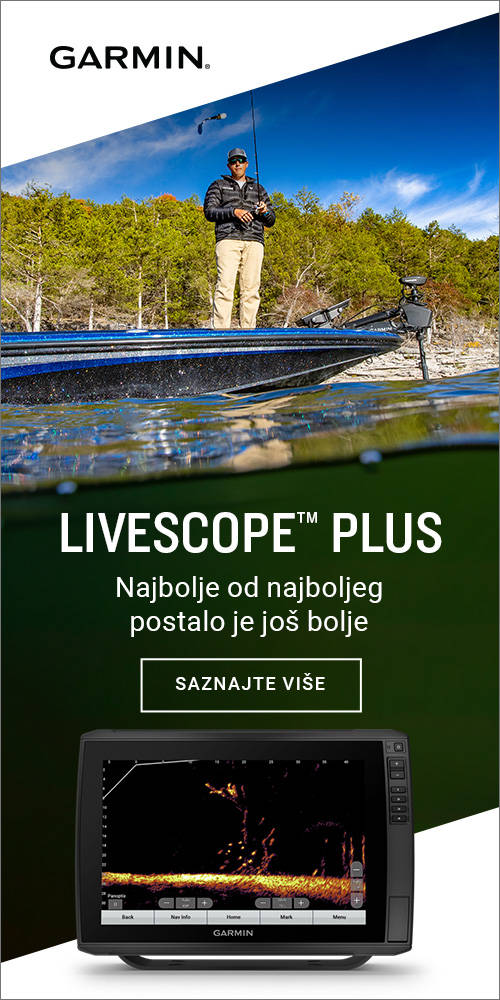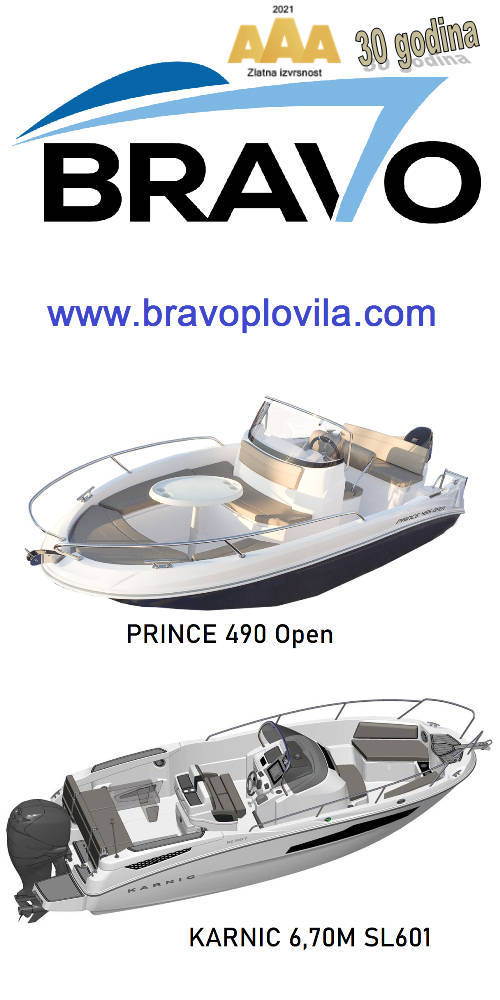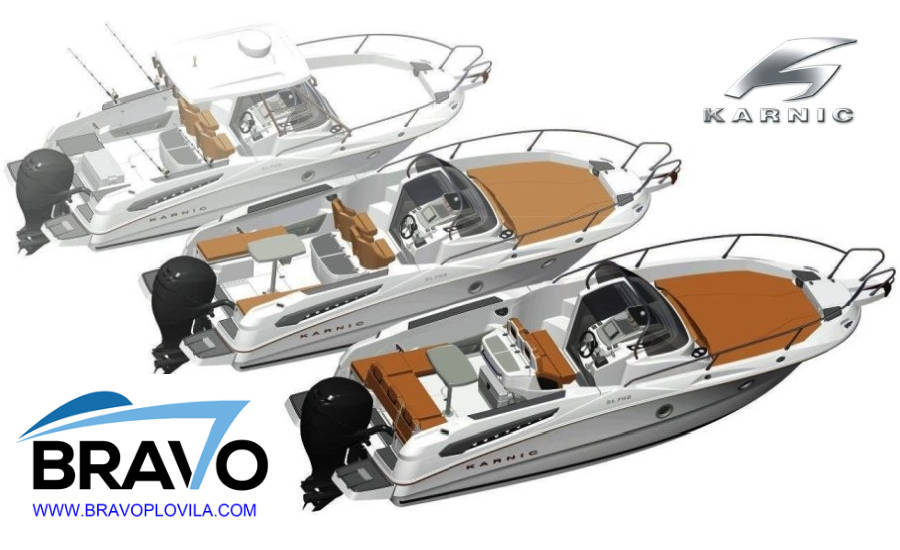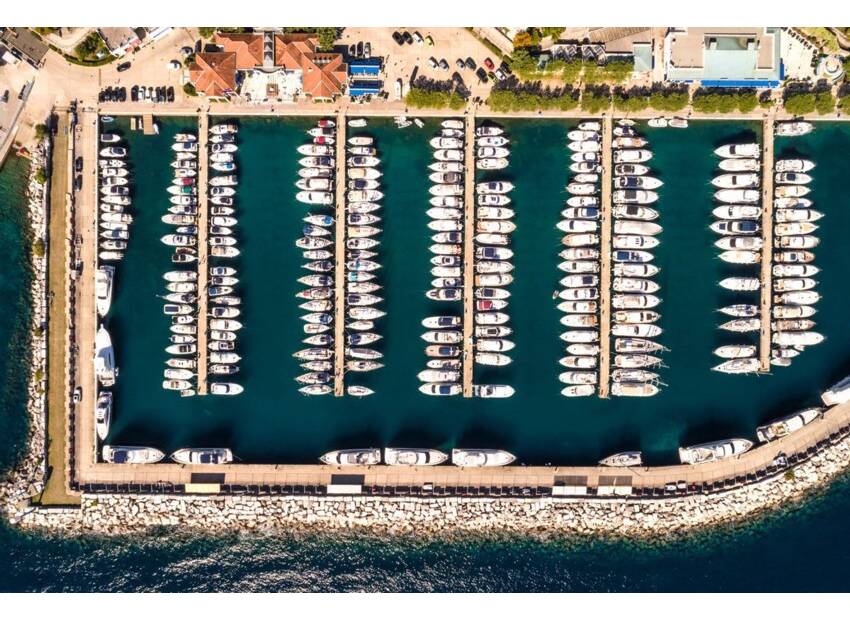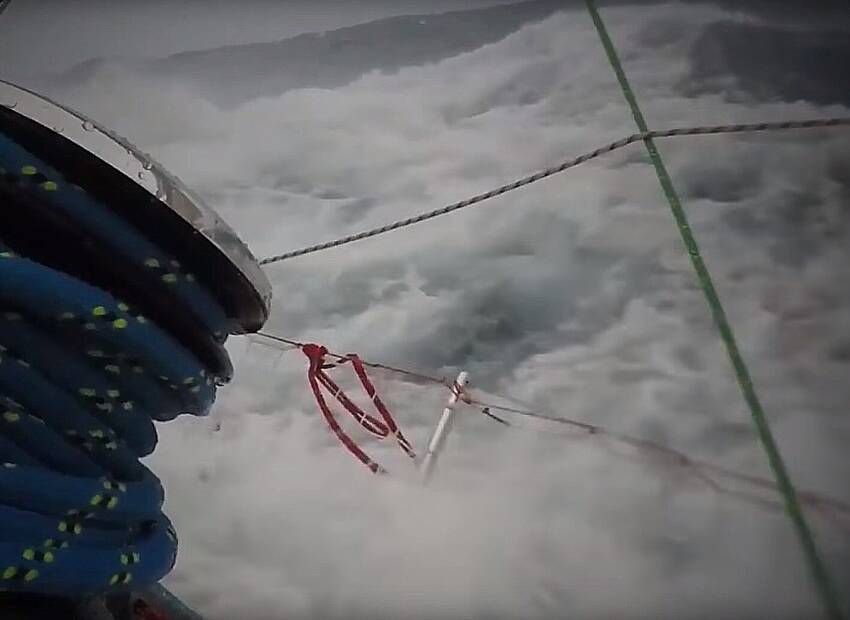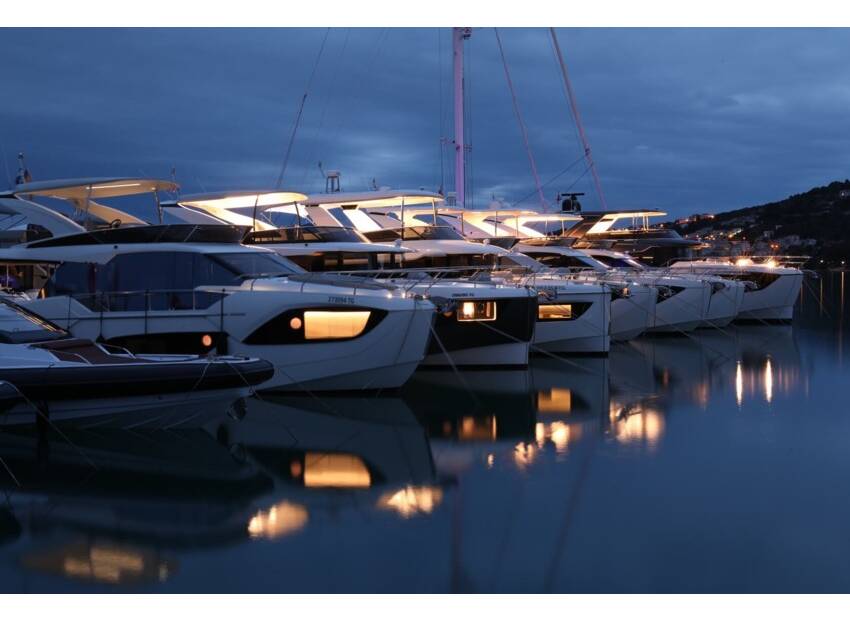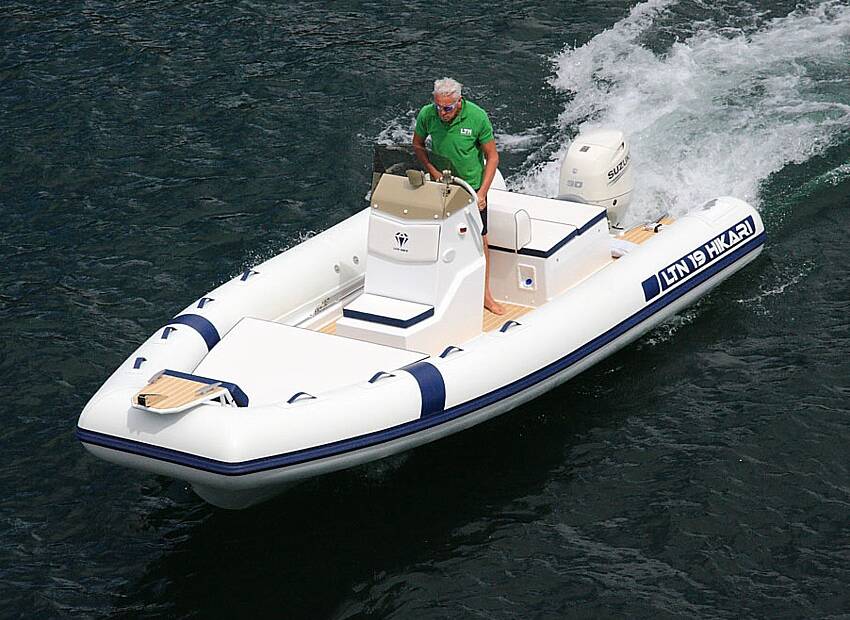ALEXANDRIA, Va. February 18, 2011 - While ice has overtaken much of America's northern waterways, recreational boating continues throughout the Southeast, Gulf and Western regions. Keeping the chill off at night when temperatures plummet often requires the need for boaters to keep warm, leading many to use portable electric heaters aboard their vessels. That, however, can lead to safety concerns.
Problems often come from the limitations of the boat's own AC electrical system - also commonly called "shore power" and used while the boat is docked. Additionally, some portable heaters' poor design features make them a bad choice for use aboard boats.
"Portable electric heaters can work well in a house, but putting them aboard a boat requires more vigilance," said BoatUS Director of Damage Avoidance Bob Adriance. "Our boat insurance claims files show that fires often originate with boat's electrical systems, as they can't handle the high amperage. And some portable heaters don't have tip-over switches that automatically shut them off after wave action knocks them over."
BoatUS has these top four tips when using a portable electric heater:
● Turn if off: Never leave a portable electric heater on while you are away from the boat or when you go to bed.
● "Tip Over" switch is a must: Many portable heaters are not intended to be used for unstable locations and don't have wide bases needed to keep them upright when another boat's wake strikes your boat. Use only an electric heater with a tip-over switch that will shut off the heater automatically if it gets knocked over. ● Keep the heater separate: Never use another high-amperage appliance on the same receptacle with a portable electric heater.
● Don't take the "Extension:" Never use an extension cord with an electric heater.
BoatUS





